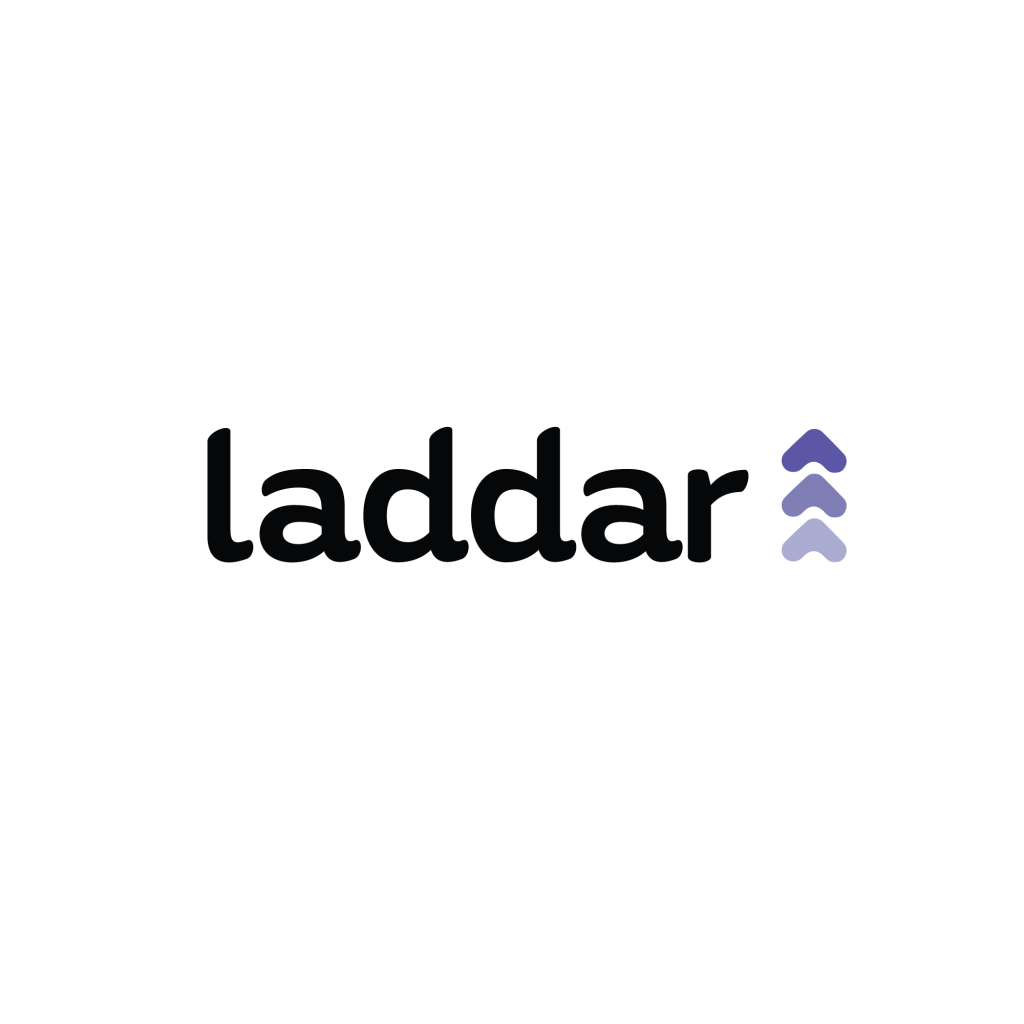How to Build a Sales Team in Nigeria: Practical Tips for Success in Africa’s Largest Market

Building a sales team in Nigeria isn’t just about hiring and training people; it’s about understanding the unique cultural, economic, and digital realities of Africa’s most populous nation. Nigeria’s rapidly evolving business landscape, coupled with its vibrant entrepreneurial culture, presents both opportunities and challenges for building a high-performing sales team.
Whether you’re a startup founder, sales manager, or corporate executive looking to scale your sales force in Nigeria, this guide offers practical, localised tips to help you create a winning sales team that delivers results.
Why Building the Right Sales Team in Nigeria Matters
Nigeria is Africa’s largest economy and the gateway to West Africa’s business opportunities. From fintech to FMCG, education to real estate, industries are becoming more competitive. Your sales team is the bridge between your product and your market — and getting it wrong can cost you market share.
Key Considerations for Building a Sales Team in Nigeria
1. Understand the Nigerian Consumer Culture
Sales teams in Nigeria must understand:
- Trust is currency: Nigerians value personal connection and credibility. A successful salesperson often plays the role of advisor, not just vendor.
- Negotiation is expected: Pricing discussions are often intense. Your team must be empowered to navigate discounts and value justification.
- Community influence: Word-of-mouth and peer recommendations go a long way, especially in semi-urban and rural markets.
Local Insight: In Eastern Nigeria, “market women” often influence product trends; in Lagos, digital-savvy youth dominate buying power.
2. Hire for Grit, Not Just Credentials
Degrees and certificates matter, but in Nigeria, street-smartness and resilience are critical traits.
Look for candidates who:
- Have experience in direct, face-to-face sales.
- Understand their local terrain and can speak local dialects if needed.
- Can build rapport quickly, even in cold leads.
Tip: Consider recruiting people with experience in network marketing, agency banking, or microfinance sales — they already understand the hustle.
3. Design an Incentive System That Reflects Local Motivations
Nigerian salespeople are motivated by:
- Performance-based bonuses
- Aspirational rewards (e.g., phones, electronics, travel opportunities)
- Career growth paths (recognition, promotions)
Pro Tip: Public recognition at team meetings or on WhatsApp groups can go a long way.
4. Invest in Training; Localise It
Don’t just copy foreign sales scripts. Instead:
- Use Nigerian case studies during training.
- Role-play scenarios that simulate local objections and buyer behavior.
- Include modules on “selling in uncertainty,” relevant to Nigeria’s inflation and regulatory environment.
Tools: Use platforms like Teachable, Telegram, and WhatsApp for micro-learning.
5. Leverage Nigeria’s Digital Maturity (But Don’t Ignore Offline)
Nigeria has over 100 million internet users, but digital maturity is uneven.
- In urban hubs (Lagos, Abuja, PH), sales tech like CRMs, email automation, and LinkedIn prospecting work well.
- In semi-urban/rural areas, offline-first tools like USSD, SMS, Laddar Offline app and physical sales agents are more effective.
Digital Strategy: Combine offline field reps with a centralized digital sales operation to follow up, track, and close.
6. Equip with the Right Tech (That Works in Low-Connectivity Areas)
Equip your team with:
- Mobile-friendly tool that work offline (Like Laddar)
- WhatsApp Business for follow-up
- Airtime/data allowances to reduce out-of-pocket costs
Bonus: Use Airtime-as-incentive tools to reward small wins weekly.
7. Align Sales Strategy With Local Environmental Factors
Be sensitive to:
- Insecurity in certain regions: restrict or adapt field operations
- Weather/seasonal changes: e.g., rainy season affects mobility in rural areas
- Local holidays and religious events : plan sales sprints around them
Planning Tip: Northern Nigeria slows down during Ramadan; Southwest responds well to “ember month” promos.
8. Measure Performance the Right Way
Track performance using KPIs like:
- Number of visits
- Leads generated
- Conversion rates
- Revenue closed
But also include qualitative metrics, such as:
- Customer feedback
- Agent retention
- Field intelligence (local insights that impact strategy)
Dashboards: Keep it simple : Fancy tools are useless if agents can’t input data consistently.
Final Thoughts
Building a sales team in Nigeria is a mix of cultural intelligence, smart recruitment, and adaptable technology. There’s no one-size-fits-all approach , the key is to combine local insight with proven sales strategy.
Whether you’re a foreign company expanding into Nigeria or a local business trying to scale, understanding the market deeply is your competitive edge.
Talk to us about how Laddar can help you scale growth with vetted sales agents





This is so insightful